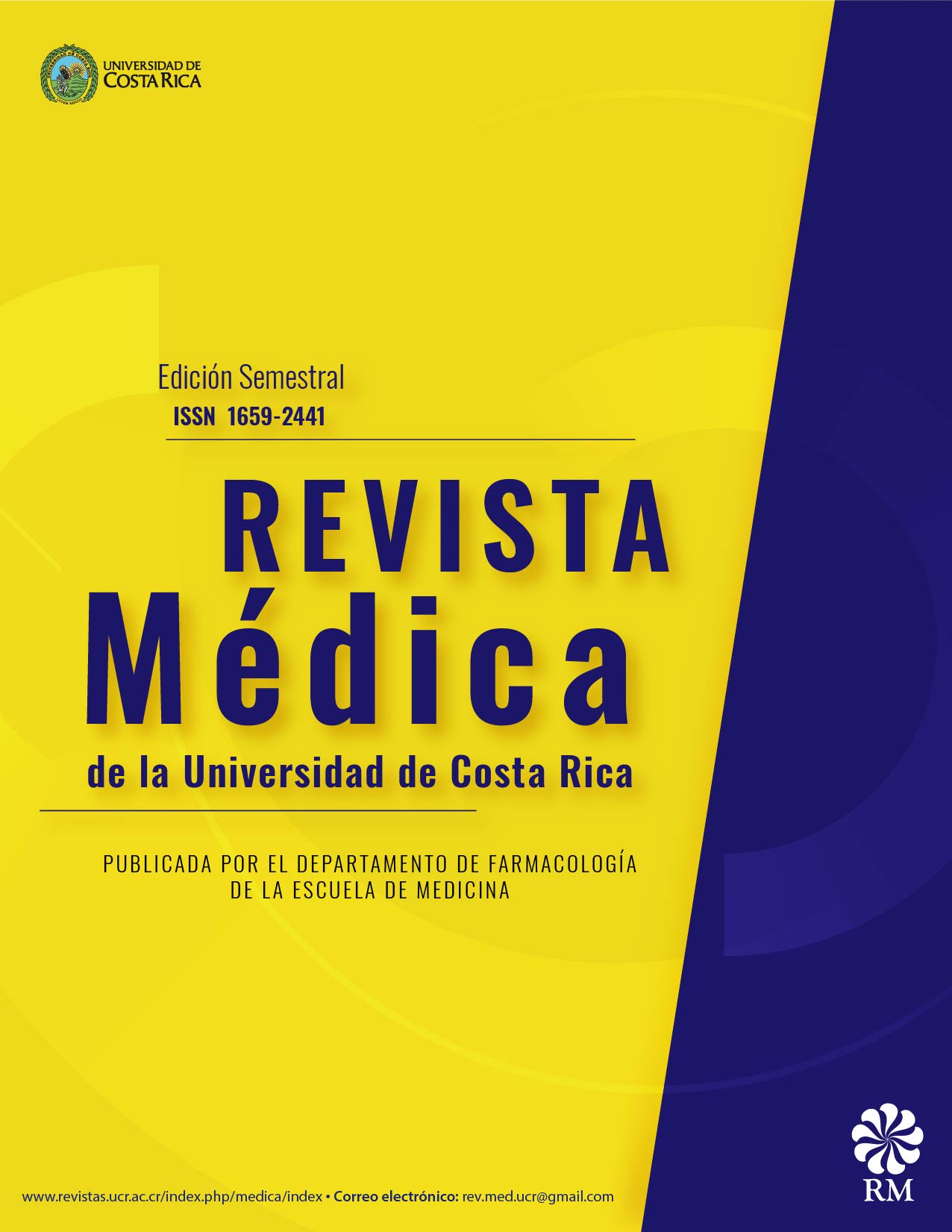Abstract
Central nervous system infection is a serious life-threatening inflammatory process, mainly caused by viruses and bacteria. Cerebrospinal fluid analysis favours the diagnosis; performing the polymerase chain reaction in the cerebrospinal fluid is the technique chosen to identify the microorganism. The objective of this article is to characterize patients with neuroinfection diagnosed by polymerase chain reaction in a clinic in Cali, Colombia. In order to get this, 11 patients with the detection of a microorganism by polymerase chain reaction in cerebrospinal fluid were studied at the “Fundación Clínica Infantil Club Noel”. We detected: Cytomegalovirus, Streptococcus pneumoniae, Herpes simplex virus 1, Herpes simplex virus 2, Human herpesvirus 6, Enterovirus and Neisseria meningitidis. In 8/11 patients there were changes in therapeutic behavior after the result of the polymerase chain reaction. The behavior of the hemoleucogram, acute phase reactants and analysis of the cerebrospinal fluid were consistent with what was reported in the texts consulted depending on whether it is a viral or bacterial cause. In conclusion, the use of polymerase chain reaction helps to detect the causative agent of neuroinfection and thus use targeted antimicrobial treatment.


